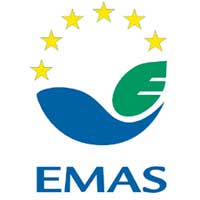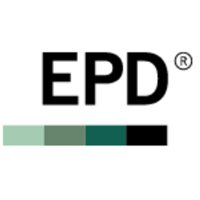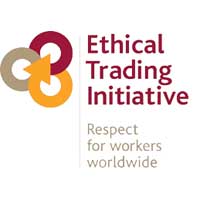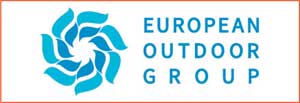The EU Eco-Management and Audit Scheme (EMAS) regulation is a management tool for companies and other organisations to evaluate, report and improve their environmental performance.
Energy Star is a joint voluntary programme of the US Environmental Protection Agency (EPA) and the U.S. Department of Energy (DOE) that aims to help consumers save money and protect the environment through energy efficient products and practices.
The EPA has also entered into agreements with foreign governments to promote specific Energy Star qualified products.
An Environmental Product Declaration (EPD) is a verified and registered document that communicates transparent and comparable information about the life-cycle environmental impact of a product.
The Ethical Trading Initiative (ETI) is a tripartite multi-stakeholder organisation that aims to protect the rights of workers in supply chains and improve labour conditions. It has developed a code of conduct, the ETI Base Code, that member companies need to implement in their supply chain.
Introduced at the end of 2011, this EU regulation has brought together three previous regulations – directives covering ternary fibre mixtures (73/44/EEC), binary fibre mixtures (96/73/EC) and textile names (2008/121/EC) – which ultimately means that fibre content labelling and fibre content testing have now been combined into one single piece of legislation.
The European Commission states that it decided to revise the legislation on textiles names to simplify and improve the existing regulatory framework for the development and uptake of novel fibres, with a view to encourage innovation in the textile and clothing sector.
This strategy was launched in October 2020 as part of the zero-pollution ambition – a key commitment of the European Green Deal.















